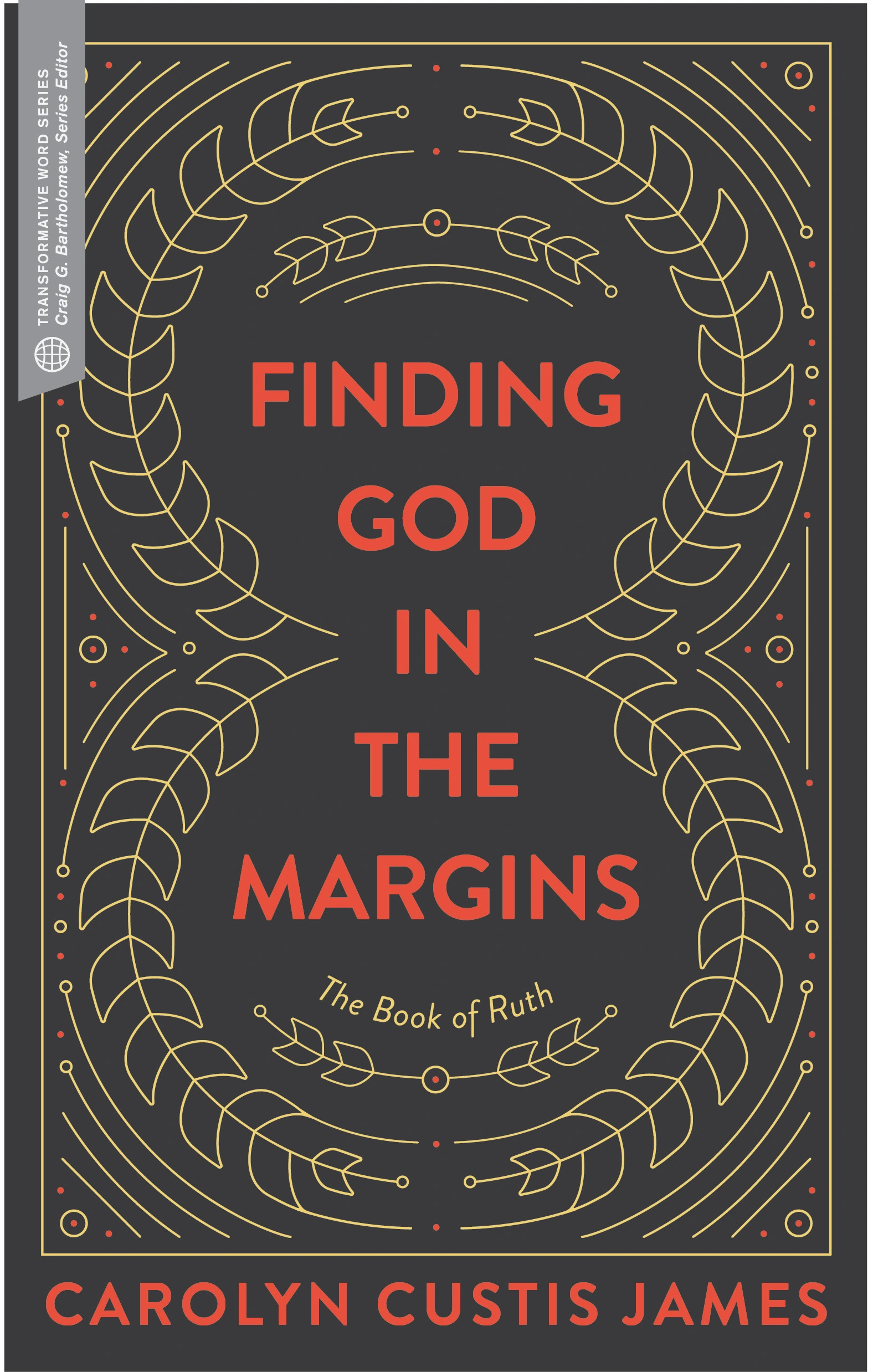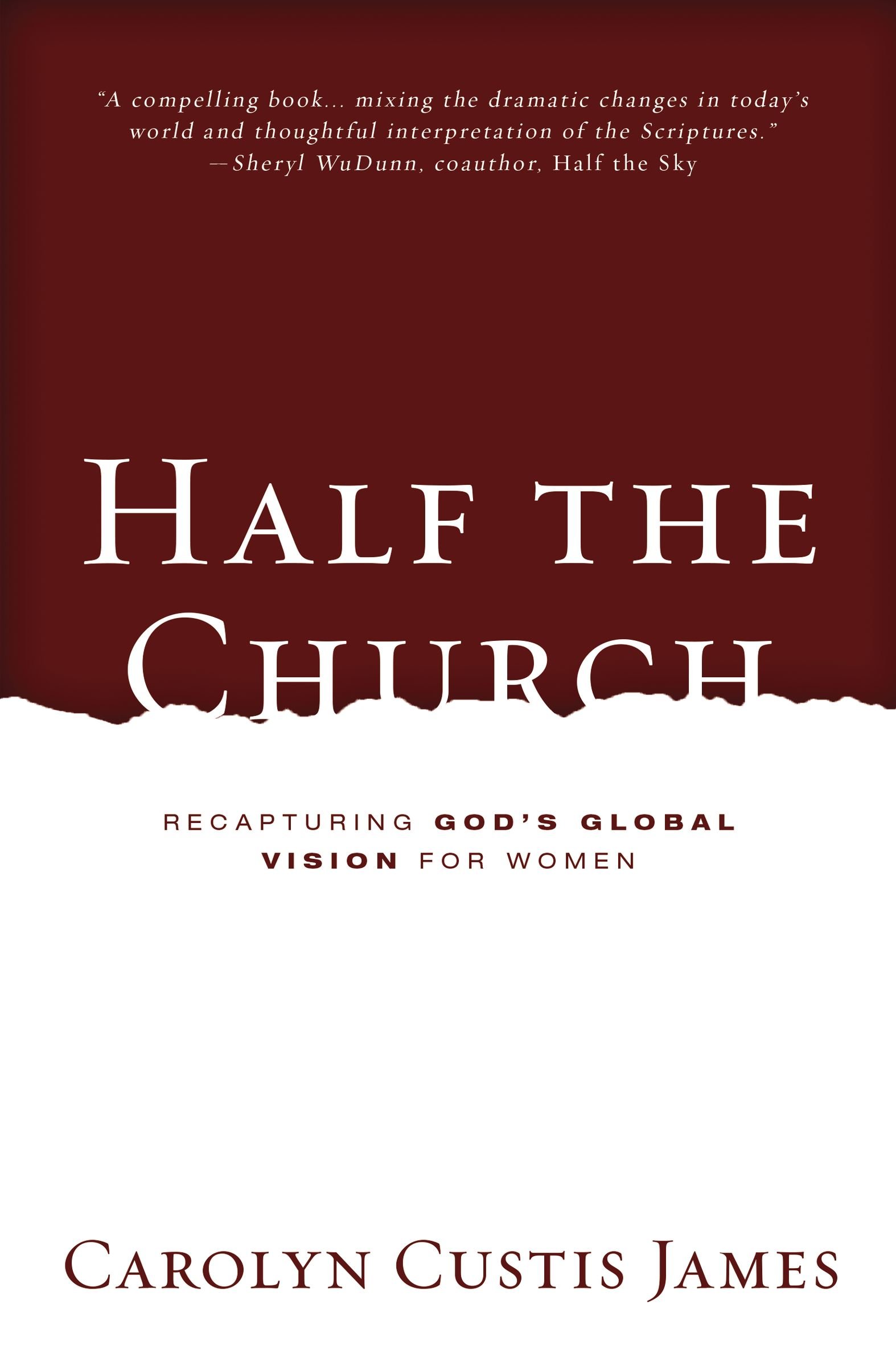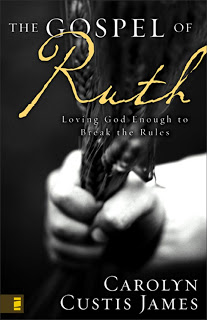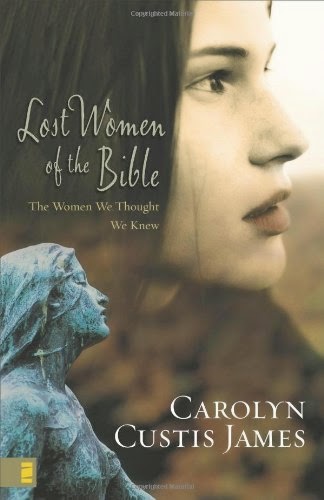I was the third child born in my family—the first and only daughter. My parents were thrilled, of course, just as they were when each of my three brothers was born. In my family, the birth of a daughter wasn’t accompanied by the sudden deathly silence that comes in other parts of the world when parents discover their newborn is a girl. Born elsewhere in the world, I might have been regarded by my parents as a disappointing interruption in their steady string of boys.
Recently, I heard of a Jordanian father, living in the west and married to a North American, who was delighted at the births of his first three children—all girls. However, each time it took him days to gather up courage to phone and tell his parents. When his wife finally gave birth to a son, he grabbed the phone immediately and dialed Jordan. His mother made a high-pitched trilling noise to celebrate the news.
Sometimes a cultural devaluation of females can take on more sinister form, with atrocities like female infanticide being among the worst. Historically, Christians have stood in the gap and still are doing so today. In the early church, believers quickly gained a wide reputation for rescuing abandoned female infants, taking them into their homes and raising them as their own. In the early 20th Century, Amy Carmichael pioneered the Dohnavur Fellowship, a work in India dedicated to the rescue of little girls who were being sold by their families into temple prostitution. Today, scores of Christian organizations are reaching out to war and AIDS widows, providing shelter, teaching them skills so they can support themselves, and above all giving them the gospel. These actions comport perfectly with the Bible’s mandate for us to care for the orphan and the widow. The Bible doesn’t stop with rescue efforts and mercy ministries, however, but compels us to rethink this widespread notion that women have less value than men.
Consider, for example, the story of two sharply contrasting individuals in the Bible—Jairus and the unnamed woman with the hemorrhage (Mark 5:21-43; Luke 8:40-45). Their lives ran parallel for twelve years, then intersected suddenly when both became desperate for Jesus’ healing touch.
Twelve years earlier, separate events started the pair on paths that were destined to collide down the road. Jairus’ wife gave birth to what would be their only child, a daughter, who (contrary to the culture’s expectations) became her father’s darling. Elsewhere in the village, the unnamed woman commenced a twelve-year bout with bleeding that rendered her physically weak and anemic, ceremonially unclean, off-limits for conjugal relations with her husband, and banned from worshipping with God’s people. While Jairus’ embraced his little girl and delighted in watching her grow up, the ostracized woman was watching twelve precious childbearing years slip away.
Weighed on the scales of significance, Jairus was the heavyweight. He was male, and she was female—giving him a decided advantage over her in a patriarchal culture. He was a prominent figure in the community, a religious leader, a synagogue ruler. She was of necessity something of a loner—unclean, unwelcome, and unwanted. Her inability to bear children dropped her in the rankings well below other women. When they walked down the street, people made way for both of them—for him because of his importance and for her because they didn’t want to get near her.
Their paths converged abruptly when Jesus came to town and their troubles drove them to seek His help. Jairus’ twelve-year-old daughter lay dying, and the woman’s chronic suffering emboldened her to reach Jesus at all cost.
What makes this story especially fascinating is the fact that Jairus was so out of step with his culture. This was a day when rabbis routinely blessed God that they were not born female, when it was considered a complete disaster for a man to be without a son. Yet, instead of bemoaning the fact that his twelve year old child wasn’t a son coming of age, Jairus was utterly beside himself at the thought of losing her.
Even their approach to Jesus bespeaks their status in the culture. Jairus comes directly to Jesus, openly begging Him to come to his house and heal his daughter. The woman approached cautiously from behind and probably only succeeded in reaching Jesus by concealing her face. Furthermore, the nature of their respective problems—life and death urgency versus a chronic, twelve-year malady—made Jairus’ request the top priority. But then, Jesus doesn’t see things the way we do. Here, as always, His agenda runs deeper than our immediate needs.
Make no mistake about it, Jesus understood the urgency of getting to the dying girl. Yet, as He hurriedly made his way towards Jairus’ home, jostled by the crowd, Jesus sensed the touch of the unnamed woman’s hand on the tassel of his garment and the passing of his healing power to her. To Jairus’ great consternation, Jesus stopped in his tracks, turned and forfeited crucial seconds to find out who touched him. As a mother, I can imagine how Jairus’ blood pressure must have spiked. “Deal with this later. We haven’t a moment to spare!”
It is a powerful moment. Faith is in focus—faith of a touch and faith of a desperate father. But something else is happening too, and the clues lie in the daughter-language we hear. Jairus’ frantic cry, “My little daughter is dying,” is echoed in Jesus gentle words to the unnamed woman, “Daughter, your faith has healed you.”
We are right to make much of what Jesus communicated to the woman when he stopped and called her “daughter.” After years of isolation, aching for love and belonging, she found what she was looking for in Jesus. But what was Jesus communicating to Jairus?
At first glance, it looks like Jesus has turned the tables—putting the woman first and letting Jairus know he isn’t so important after all. But that can hardly be the case, for Jesus’ scales don’t register the kind of inequalities that are so common to human relationships. He is able to affirm the woman in the strongest possible way without ever losing sight of Jairus. His focus on the woman is complete, yet his heart is every bit as much with Jairus and his little girl. So what is Jesus doing?
This was probably not the first encounter between Jairus and the woman. He was a synagogue ruler. She was ceremonial unclean. His job was to maintain the purity of worship. If she dared to cross the synagogue threshold to worship Yahweh, Jairus would have been responsible to turn her away.
At the very least, Jesus is announcing her restoration before the man who most needed to hear it. But Jesus is also making powerful value statements—drawing lines between the unclean woman and the dying child, between His heart for the woman and Jairus’ heart for his daughter. Jesus is connecting with Jairus at the emotional level, which is where dads who love their daughters must part company with the culture. Listen to your heart, Jairus. That’s how Jesus feels about this woman—about all of his daughters. Would Jairus ever see this woman (or any other marginalized person for that matter) in the same light again?
The world, and sadly even the church, may not value her daughters as much as her sons. Jesus and his follower Jairus remind us that the world’s system of weights and measures is deeply flawed. When a daughter (or a son) is born into God’s family, our Father picks up his phone right way to announce the joyous news and all heaven breaks out in celebration. Truly God is good for women!












Thanks for your piece on Jairus’s daughter and the woman with issue of blood. It is elegant and carries the heart of God. I was trying to make the link between the two stories knowing they were not together by accident. Thanks for your help.
LikeLike
I totally loved your exposition of the two daughters. I write a weekly column and put it for next week’s paper, with your name of course. Thank you so much. Adele
LikeLike
Excellent! Thank you for this piece. This is highly encouraging. In a modern world that seems to value males over females, it's good to remind myself that God truly loves his Daughters.
LikeLike
What a great point that most men, in preaching a sermon from this passage, would miss.
LikeLike